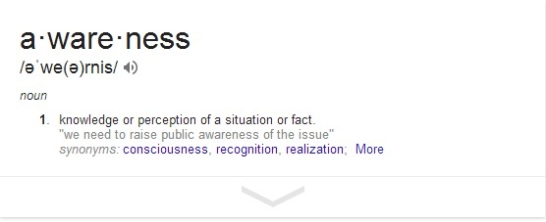Early last week, I came across an article published on Scientific American which made me roll my eyes and say, “Of course.” When Ms. Jolie announced her decision in the New York Times on May 14, 2013 that she had a double mastectomy because of her BRCA1-mutation, I naively thought, “Wow, she is like The Celebrity. Maybe the general public will actually learn something about breast cancer for once.”
I do not blame Ms. Jolie for the general public’s ignorance about breast cancer and its risks. She did write in her op-ed:
Only a fraction of breast cancers result from an inherited gene mutation. Those with a defect in BRCA1 have a 65 percent risk of getting it, on average.
Nothing about what she wrote could be open for interpretation. She explicitly wrote in her op-head that only a fraction of breast cancers result from an inherited gene mutation. The Scientific American article unfortunately reveals that the general public believes otherwise.
Researchers surveyed more than 2,500 men and women and found that a whopping three out of four knew Jolie’s story. But less than 10 percent could correctly answer questions about the BRCA gene mutation that Jolie carries.
The myth that those who have this mutation or a strong family history (the category I fall under) make up the majority of who are diagnosed with breast cancer is prevalent. According to the American Cancer Society’s 2013 to 2014 Breast Cancer Facts & Figures, which may be found here, an estimated 5 to 10 percent of breast cancers result from inherited mutations, including the BRCA1 and BRCA2 mutation.
What does that mean exactly? Well according to the ACS, this:
Breast cancer risk is higher among women whose close blood relatives have this disease.
Having one first-degree relative (mother, sister, or daughter) with breast cancer approximately doubles a woman’s risk. Having two first-degree relatives increases her risk about three-fold.
The exact risk is not known, but women with a family history of breast cancer in a father or brother also have an increased risk of breast cancer. Altogether, less than 15 percent of women with breast cancer have a family member with this disease. This means that most (over 85 percent) women who get breast cancer do not have a family history of this disease.
I do not carry either BRCA mutation, but yet I still had breast cancer. My mom was diagnosed with late stage breast cancer when she was 35, and then terminal breast cancer when she was 40 years old. I was diagnosed with early stage breast cancer when I was 30. There is no other family history of breast cancer in my family – it’s just the two of us. Obviously there was a genetic link between my mother and I, but the genetic counselor did not uncover that link.
This Angelina Jolie Effect that the article cites just reinforces my belief that breast cancer awareness does not work, has not work and will not work. If someone actually believes that Pinktober has saved lives, point me to the article stating that because I just don’t believe it. We have this inaccurate perception that breast cancer is an easy cancer (is cancer ever easy?), or girly, or not something anybody dies from, which is the complete opposite of the truth. Let’s abolish awareness or these campaigns because it has nothing to do with its actual truth or helping people.
I prefer this:




